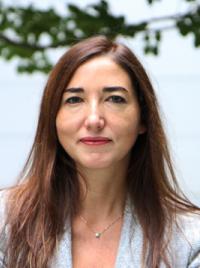
The focus of the Nostro lab is to generate functional pancreatic beta cells from human embryonic and induced pluripotent stem cells via directed differentiation and reprogramming strategies, with the ultimate goal of translating discoveries to potential treatments for Type I Diabetes patients.
The loss of beta cells in Type I Diabetes ultimately leads to insulin dependence and major complications that are difficult to manage by insulin injections. Recent improvements in islet transplantations for the treatment of Type I Diabetes are increasing the likelihood of finding a possible cure for this disease. However, the requirement for 2-3 donors per transplantation and the scarcity of donor pancreata has launched the search for an alternative source of beta cells for cell therapy purposes. Human embryonic stem cells (hESCs) and induced pluripotent stem cells (iPSCs) offer the ability to generate these cells in vitro, with the potential to rapidly translate basic scientific discoveries into therapeutic applications.
Another focus of the Nostro lab is to elucidate the signaling pathways that govern the formation, expansion and maturation of pancreatic progenitors using human pluripotent stem cell-directed differentiation. Through this in vitro approach we aim to understand the genetic and epigenetic program that dictates pancreatic development and beta cell maturation.




 https://orcid.org/0000-0003-1166-8252
https://orcid.org/0000-0003-1166-8252